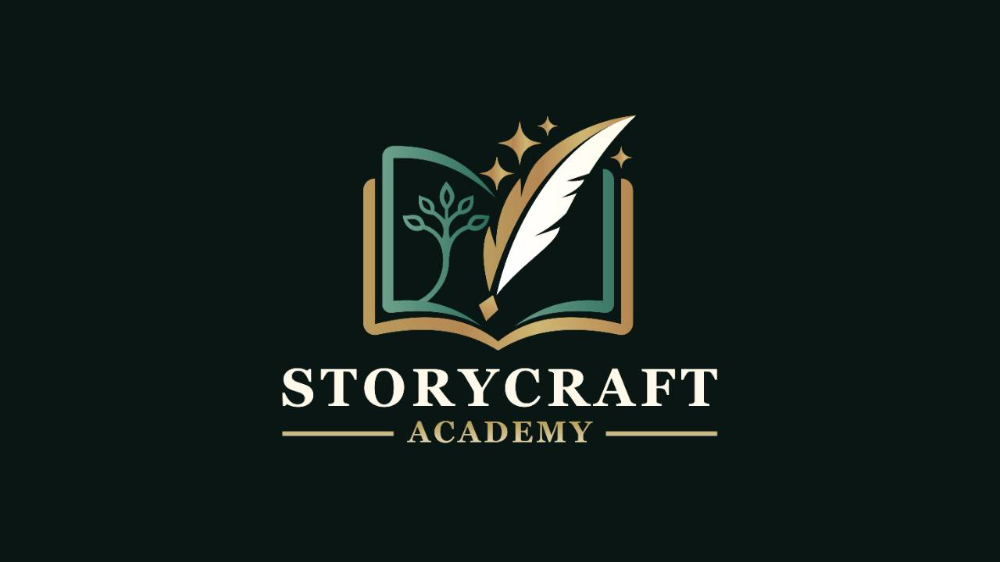Part I – Logline Breakout (7 Beats)
Draft your logline in seven pieces; we’ll auto-fill your Outer Journey in Part II (you can edit it).
Part I: Logline Rubric
| Criteria | Exceeds Expectations (3 pts) | Meets Expectations (2 pts) | Needs Improvement (1 pt) | Score |
|---|---|---|---|---|
| Logline Clarity & Structure | Clear, concise logline with all 3Ps of ARCS easy to retell in one breath. | Mostly follows structure; understandable but missing one piece or wordy. | Unclear/incomplete; missing major elements. | |
| Curiosity Spark | Strongly invites follow-up questions; listeners are eager to know more. | At least one natural follow-up question possible. | No curiosity sparked. | |
| Speaking Presence | Confident: clear voice, steady pace, minimal filler words, good posture & eye contact. | Generally clear with some hesitation or fillers. | Distracting fillers, rushed/monotone, low engagement. |
Part II – The Core Narrative Writing Sprint
Outer Journey is prefilled from the 7-beat logline; edit freely. Inner Journey captures your transformation.
Protagonist
Problem
Plan
Antagonist
Reaction
Conflict
Solution
Part III – Reflection Questions
Part IV – Audience Analysis
Part V – Your Fascinating Core
Part VI – Putting It Together
Your continuous story is composed from earlier parts. Edit freely before exporting.
Part VII – Peer Coaching Rubric
Instructions for Peers: Listen closely, score (1–3), and share feedback.
| Criteria | Exceeds (3) | Meets (2) | Needs (1) | Score |
|---|---|---|---|---|
| Story Clarity & Structure | Polished, complete (3Ps + resolution) | Mostly complete | Unclear/incomplete | |
| Transformation Detail | Vivid before/after | Some change | No transformation | |
| Audience Relevance | Strong resonance | Moderate | Doesn't resonate | |
| Curiosity Spark | Invites follow-ups | At least one | None | |
| Speaking Presence | Confident, steady | Generally clear | Distracting/flat | |
| Delivery & Timing | Smooth, 60–90s | Slight drift | Disorganized |
Further Verbal Feedback
Part VIII – Completion
You’ve completed the StoryFlow Worksheet 🎉 Click below to export your PDF.
Progress: 0%
Get a Resume Link
Click “Get Resume Link” (or “Copy Resume Link”) above. Paste this link into the form below.


